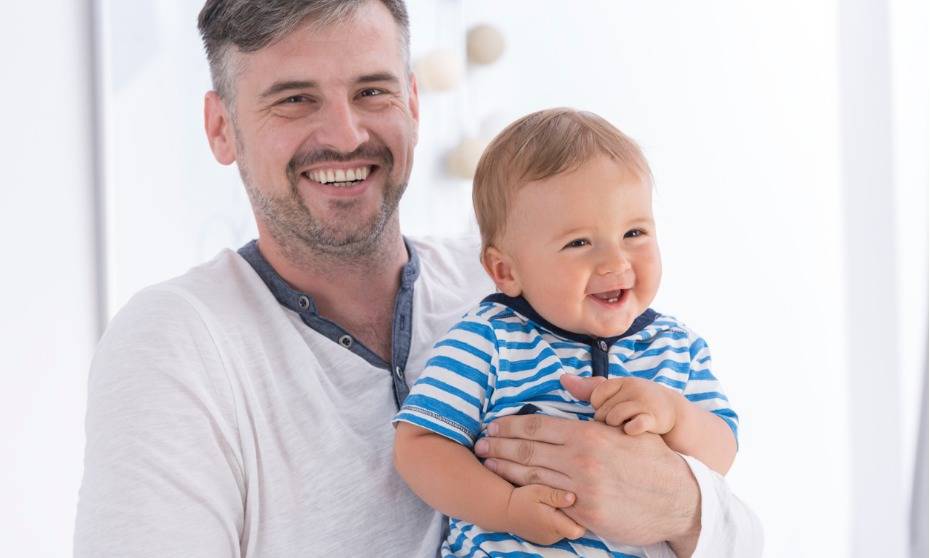
Becoming a caregiver to a child is a systemic root cause of gender inequality

The full-time gender pay gap is 14.1%, meaning women, on average, earn $239.80 per week less than men, according to recent research by the Diversity Council of Australia (DCA).
While it reached a record low in November 2018, it has remained between 14% and 19% for the past twenty years.
Moreover, further research suggests that becoming a caregiver to a child is one of the biggest disruptions to career growth and a systemic root cause of gender inequality.
With this caregiving role historically being placed on the woman, a “motherhood penalty” is often reflected through pay gaps and at CEO and senior executive levels, where in 2018 women represented only 7% of CEO’s on the ASX200.
The DCA report recommended that employers should make sure flexible work is available to anyone for any reason, and introduce ‘shared care’ parental leave so all parents have equal paid leave and can access this flexibly.
Earlier in the year, QBE introduced a new paid parental leave initiative – Share the Care – which aims to make parenting, career breaks and flexible working, business as usual for both men and women.
The initiative eliminates the gendered terms of “primary” and “secondary” carer, instead now offering its existing 12-weeks paid parental leave to every new parent – acknowledging the important roles all parents play within a working family.
With less than 5% of men in Australia electing to take primary carers leave, QBE acknowledges there are barriers that can prevent men playing an active role in the early years of their family’s lives.
Over a recent 12-month period, QBE’s male employees have represented 8% of primary carers and 100% of secondary carers.
QBE aims to counteract these barriers by removing gendered carer labels and through providing flexible options to meet the unique needs of each family.
This could include accessing their 12-weeks paid leave by taking two-weeks leave at the time of the child’s birth and following that with one, two or three day-week portions.
For example, taking two days of parental leave a week for 25 consecutive weeks – available within a 24-month period following the arrival of the child.
The company is the first general insurer in Australia to adopt this flexible paid parental leave policy, with the goal of aspiring to foster an inclusive workplace.
Eleanor Debelle, Chief HR Officer, QBE Australia Pacific, said the goal is not just to make the workplace more family friendly for women, but to make the workplace more family friendly for all parents.
Consequently, the company acknowledges the critical role all parents play in family wellbeing and improved mental health outcomes.
“At QBE, we’re committed to recognising the moments that matter to our employees, and becoming a parent is a pivotal moment, no matter the gender,” said Debelle.
QBE will be featuring on a panel discussion at the upcoming HR Tech Summit Sydney. To register, click here.